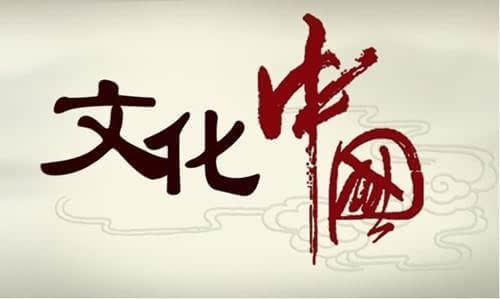Foreword: we often say that language is the key to open another culture, namely from the language of a country, can feel the culture of this country!
In general, predominantly carnivorous European countries, the language of the vocabulary of animals such as cows, pigs, parts of the body is very rich. Coastal states, such as Japan, there are many words about the weather in its vocabulary. So, only from the tremendous amount of vocabulary, can be seen in the corner of the history and culture of a country.

The characteristics of Chinese vocabulary is to much. Many > > foreigners to learn Chinese so say: "teacher, this word is only one in our country, and in Chinese, but there are so many!"
Many Chinese words, can according to the oral and written language, emotion, different parts of speech, ancient and modern theory to distinguish between different, etc. From which it is not hard to see, the country with a long history, Chinese language with different time after several changes left traces.
Many advanced level of the students there are such problems, is inappropriate. One of my Japanese students, for example, high level, and even can talk in Chinese (> > almost loose given Chinese talk show), but she was ready to speak with such a sentence: "I'd like you to. Single from grammar, this sentence doesn't exist errors, but if put it in a specific context is different. This sentence is her people to say goodbye to and the original company, said to them when parting his next job about content. This case, use the word "give" is not very decent, give a person a kind of commanding feeling. The use of the "you" also appears very stranger. So, I said, "I said," you should use similar.
See here, I believe everyone will feel that learning Chinese is the most difficult part may not be phonetics, grammar and words, but a pragmatic, namely how to express would seem appropriate. To learn this is not happen overnight, it need to go through the dribs and drabs in life the heart the imprint of culture.